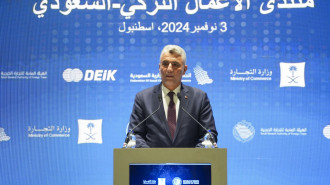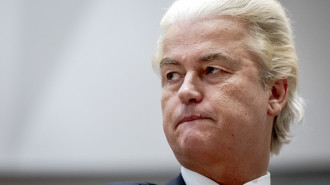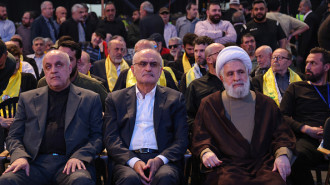Tunisia sets dates for autumn elections
If a presidential candidate does not win outright in the first round, a second round will follow within two weeks, the commission said.
Under its 2014 constitution, Tunisia must hold legislative elections within two months of parliament's mandate expiring - between October and early December.
The country whose uprising toppled longtime dictator Zine El Abidine Ben Ali and sparked the Arab Spring uprisings has been hailed as a model of democratisation in the Arab world, but continues to suffer economic woes and jihadist attacks.
The powerful UGTT trade union confederation has staged a series of crippling strikes since late last year over social and economic reforms, while youth employment remains high and inflation is at 7.5 percent.
The Constitutional Court, which would be crucial if election results were challenged, has not yet been formed, to the anger of civil society.
Previous polls held in 2014 brought to power Beji Caid Essebsi, the country's first democratically elected president.
In January, Tunisians rallied in downtown Tunis to commemorate the eighth anniversary of the 2011 uprising that unseated the long-time authoritarian ruler.
Marches and gatherings were held by different political parties, trade unions and civil society groups. Although a day of celebration, the anger among Tunisians was also visible over the revolution's unfulfilled goals, with widespread discontent over high living costs, unemployment and corruption.
Painful austerity measures have been implemented, including raising taxes, slashing fuel subsidies and cutting the public sector wage bill, which accounts for around half the national budget.
The North African country has been praised as a model of democratic transition, however wealth remains concentrated in the hands of a small elite.
Anger at the failure of the nine governments that have ruled since 2011 has driven Tunisians to the streets in recent years.
In December, the apparent self-immolation of a Tunisian photojournalist to protest unemployment and corruption sparked protests. Abderrak Zorgui posted a video online before his self-immolation in the struggling provincial city of Kasserine describing his desperation and calling for revolt.
Zorgui expressed frustration at unemployment and unfulfilled promises of the Arab Spring revolution.
Follow us on Twitter: @The_NewArab







 Follow the Middle East's top stories in English at The New Arab on Google News
Follow the Middle East's top stories in English at The New Arab on Google News


